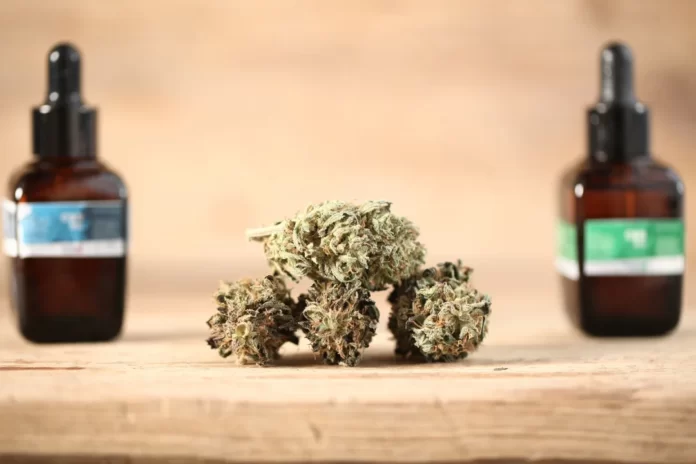In this article, we compare Soul CBD products with those offered by Partnered Process.
CBD (Cannabidiol) use has risen dramatically in the United States since 2018, when Congress passed the Agriculture Improvement Act removing hemp from the list of federally controlled substances and legalizing CBD derived from hemp.
You May Also Like:
When People Both Vape and Smoke, They Don’t Swap Cigarettes for E-Cigs
Parkinson’s Cases May Be 50% Higher Than Previously Thought: Why That’s Important to Know
CBD can be found in a wide variety of consumer products, from cosmetics to food, and is a popular health supplement that is used to treat numerous health conditions, including but not limited to:
- General pain management
- Sore muscles
- Reducing mental stress, anxiety, and depression
- Improving sleep
- Skin irritations
Soul CBD vs. Partnered Process CBD is an original (OptimalHealthNews) article.
Going “toe to toe” Soul CBD vs Partnered Process
CBD remains a largely unregulated market, with countless companies producing thousands of products. We’ve chosen two high-quality CBD providers, Soul CBD and Partnered Process. We’ve scored them from 1 to 5 points in five categories:
- Brand Credibility
- COA (Certificate of Analysis) and 3rd party testing
- Hemp Source
- Delivery Methods (product forms offered)
- Type of CBD used in their products: full-spectrum CBD, broad-spectrum CBD, or CBD isolate
Brand Credibility
A legitimate CBD provider should have a website where you can learn about the company and its products – if you can’t find a website, steer clear of that company. The website should be well-designed, well-written, educational, and user-friendly.
Score: Soul CBD gets a 4 on their website, which is beautifully designed and does an excellent job explaining the company’s history and showcasing their products (including ingredient lists). We couldn’t find a blog, nor much in the way of CBD education, although they offer to send you educational articles if you subscribe to their email list.
Partnered Process scores a 5 on their website, which is well-designed and provides an outstanding amount of education about CBD. We like that you don’t have to give away your email address if you want to learn and explore their website without making a purchase.
COAs and 3rd party testing
A Certificate of Analysis (COA) is a document that provides information about a product’s quality. A COA for CBD products should have information about the product’s identity, purity, and strength, including details about THC levels and contaminants. CBD companies should clearly state that they use third-party testing and receive COAs.
Score: Soul CBD and Partnered Process both use third-party testing, but Partnered Process takes this a big step further by providing a QR code on every product you can scan to see the name of the farm where the hemp was harvested and the lab results. For that reason, we gave Partnered Process a 5, and Soul CBD scored a 4.
Hemp Source – Where it’s farmed and why that matters
When choosing your CBD products, you’ll want to check that the hemp is grown in the United States, which will ensure that you’re getting a high-quality product. Hemp grown in the United States is subject to stricter regulations than hemp grown in other countries and must be produced in accordance with the laws and regulations of the state where it is grown.
Score: Soul CBD scores a 4 because they state that their hemp is organically grown in the United States, but we couldn’t find in which state(s) it’s grown nor any further details about the farms they use. Partnered Process gets a 5 because they tell us their hemp is sourced from Wisconsin farms, and remember that QR code that shows the farm’s name? – that’s full transparency!
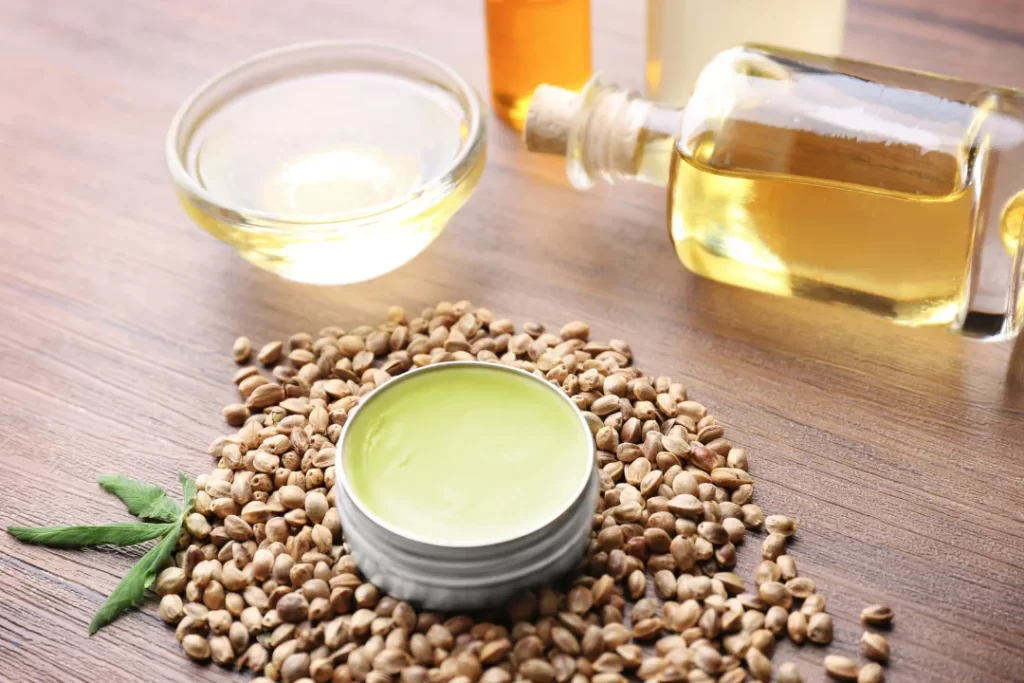
Delivery Methods – Do you want to eat it, smoke it, or use it as a topical treatment?
CBD products come in many forms. Depending on the desired effect, you can choose from vaping/smoking, topical applications, tinctures, oils, edibles, and capsules. Consider how long it will take for each application to take effect and how much of the compound you consume in one sitting. Vaping and smoking offer a fast-acting response, while consuming edibles takes longer to affect the body.
Score: Soul CBD and Partnered Process offer a variety of CBD products to suit differing needs and tastes: topicals, edibles, capsules, and oils. Partnered Process earned a score of 5 for including smokables and tinctures in their product line. Soul CBD gets a solid 4.
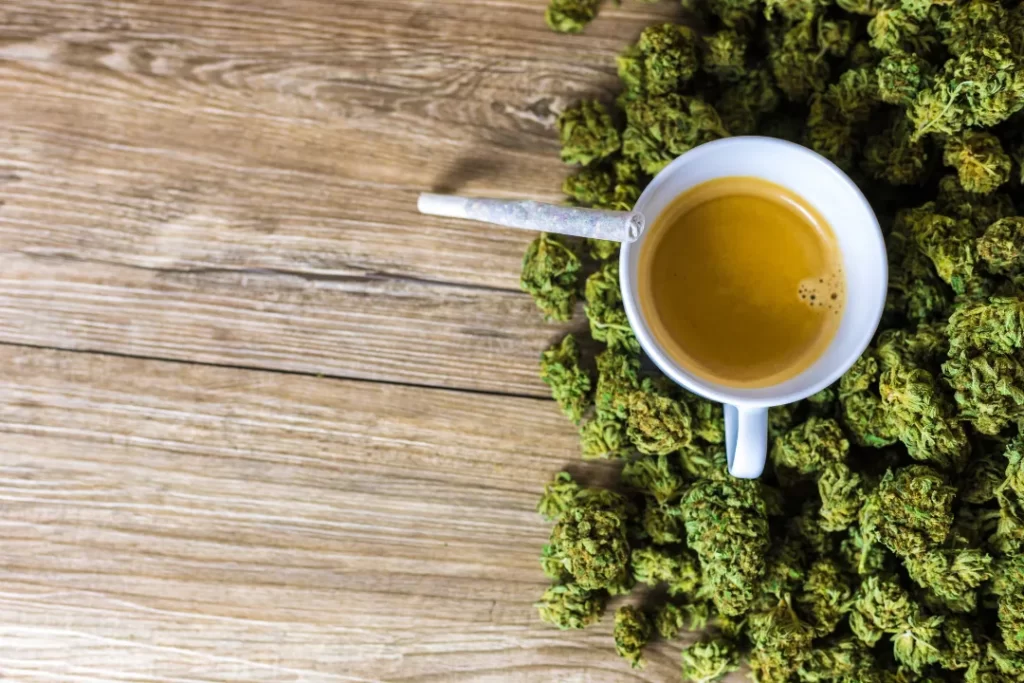
Soul CBD vs. Partnered Process CBD is the (OptimalHealthNews) report.
Type of CBD used in their products: full-spectrum CBD, broad-spectrum CBD, or CBD isolate.
Full spectrum CBD refers to a CBD product containing all the naturally occurring compounds in the hemp plant. These compounds include a full range of cannabinoids, trace amounts of THC (the substance that produces the “high” experienced with marijuana use), terpenes, and other beneficial plant compounds. It’s important to note that federally legal full-spectrum products will always have less than 0.3 percent THC. Full-spectrum CBD is thought to be more beneficial than its isolated form because the naturally occurring compounds work together to produce a phenomenon called the “entourage effect.”
Broad-spectrum CBD is similar to full-spectrum CBD but is processed to remove THC (though trace amounts may remain). This form of CBD includes a variety of cannabinoids and terpenes that work together synergistically to create an entourage effect without the concerns associated with consuming too much THC.
CBD isolate is a pure form of CBD that is made by refining full-spectrum CBD oil to remove all other plant compounds, leaving only CBD.This product offers peace of mind for those who prefer to avoid any trace amounts of THC. However, you will not receive the entourage effect using CBD isolate.
Score: Soul CBD scores a 3 because of their limited product line offering only CBD isolate products. All three types of CBD have benefits and drawbacks. What if your medical condition requires a more potent form of CBD? That’s why we give Partnered Process a score of 5 points for producing a product line that offers all types of CBD.
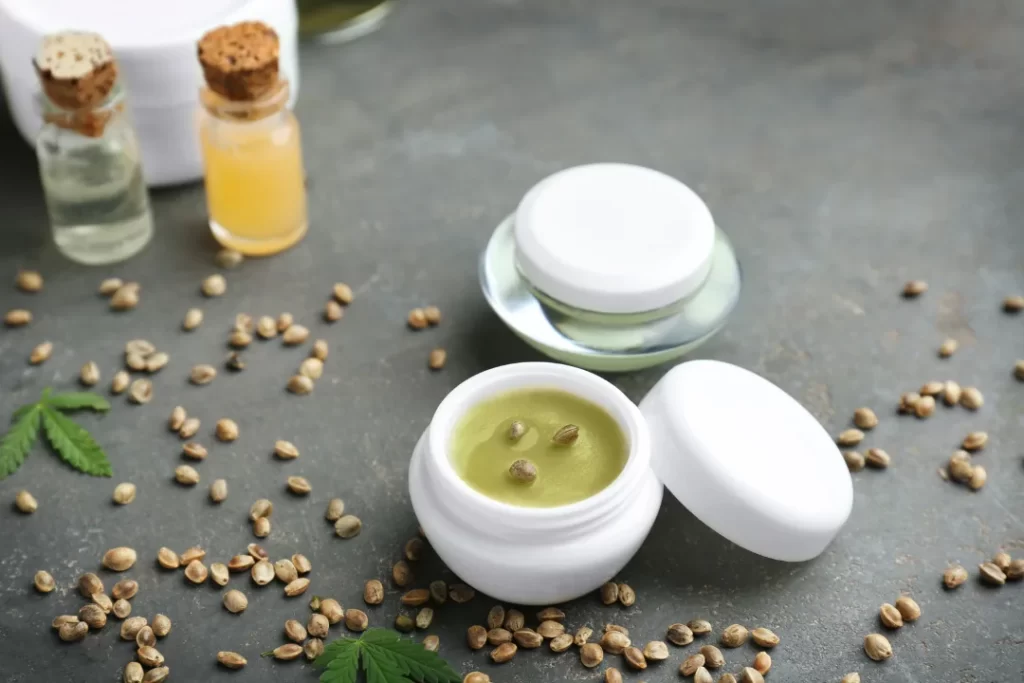
Soul CBD vs Partnered Process…and the winner is…Partnered Process!
While both companies produce quality CBD products, we selected Partnered Process as the winner for three reasons: first, they offer all three types of CBD products, and we love choice. Second, the QR code they provide on every product naming the hemp farms they use and the lab results provided by 3rd party testing sites testify to their concern for product transparency and earning consumers’ trust. And lastly, we appreciate their commitment to educating consumers about all things CBD. Their website states: “At Partnered Process we’re dedicated to not only providing top-notch CBD products, but also educating you in EVERYTHING CBD.” Take a look at their website, and see for yourself.
If you’re looking for a quality CBD product, we highly recommend that you try Partnered Process.
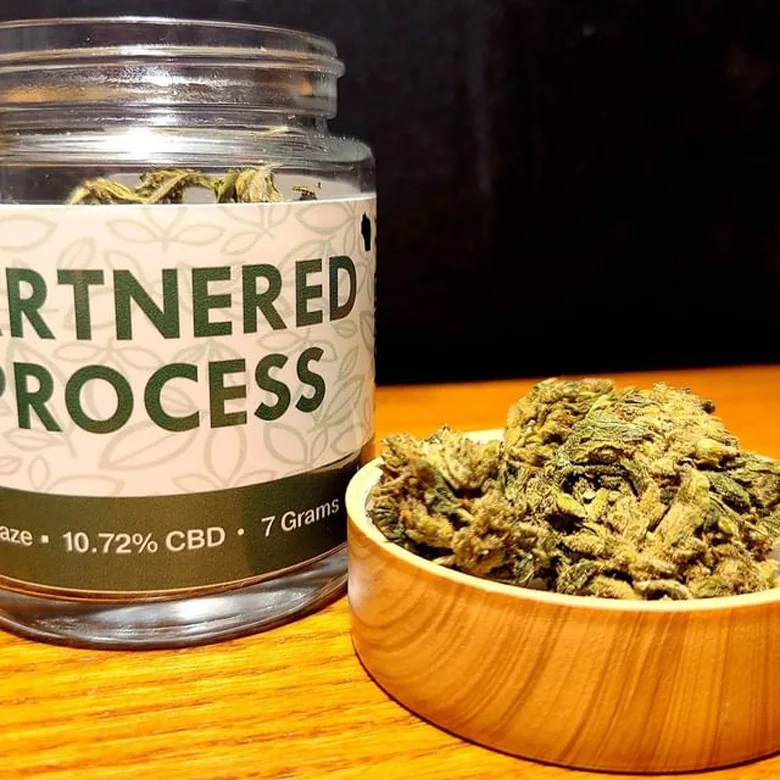
For further research:
CBD: What You Need to Know (CDC)
How to Shop for CBD – Consumer Reports
Best CBD: How to Identify the Best-Quality CBD – GoodRx
What to know about CBD oils and CBD tinctures
Important Note: The information contained in this article (Soul CBD vs. Partnered Process CBD) is for general informational purposes only, and should not be construed as health or medical advice, nor is it intended to diagnose, prevent, treat, or cure any disease or health condition. Before embarking on any diet, fitness regimen, or program of nutritional supplementation, it is advisable to consult your healthcare professional in order to determine its safety and probable efficacy in terms of your individual state of health.
Regarding Nutritional Supplements Or Other Non-Prescription Health Products: If any nutritional supplements or other non-prescription health products are mentioned in the foregoing article, any claims or statements made about them have not been evaluated by the U.S. Food and Drug Administration, and such nutritional supplements or other health products are not intended to diagnose, treat, cure, or prevent any disease.
